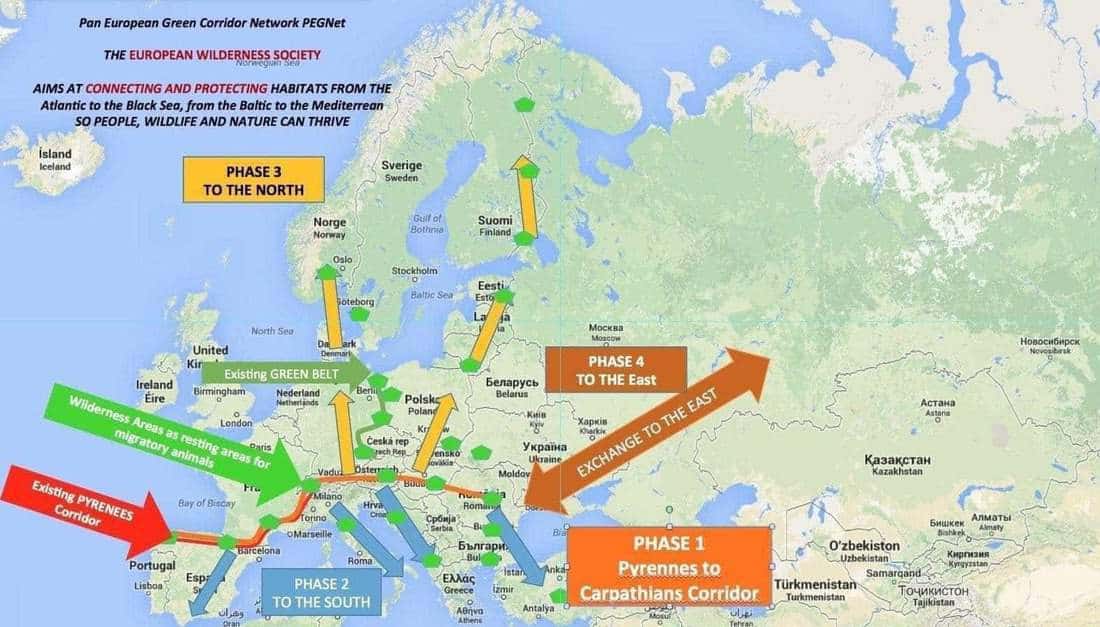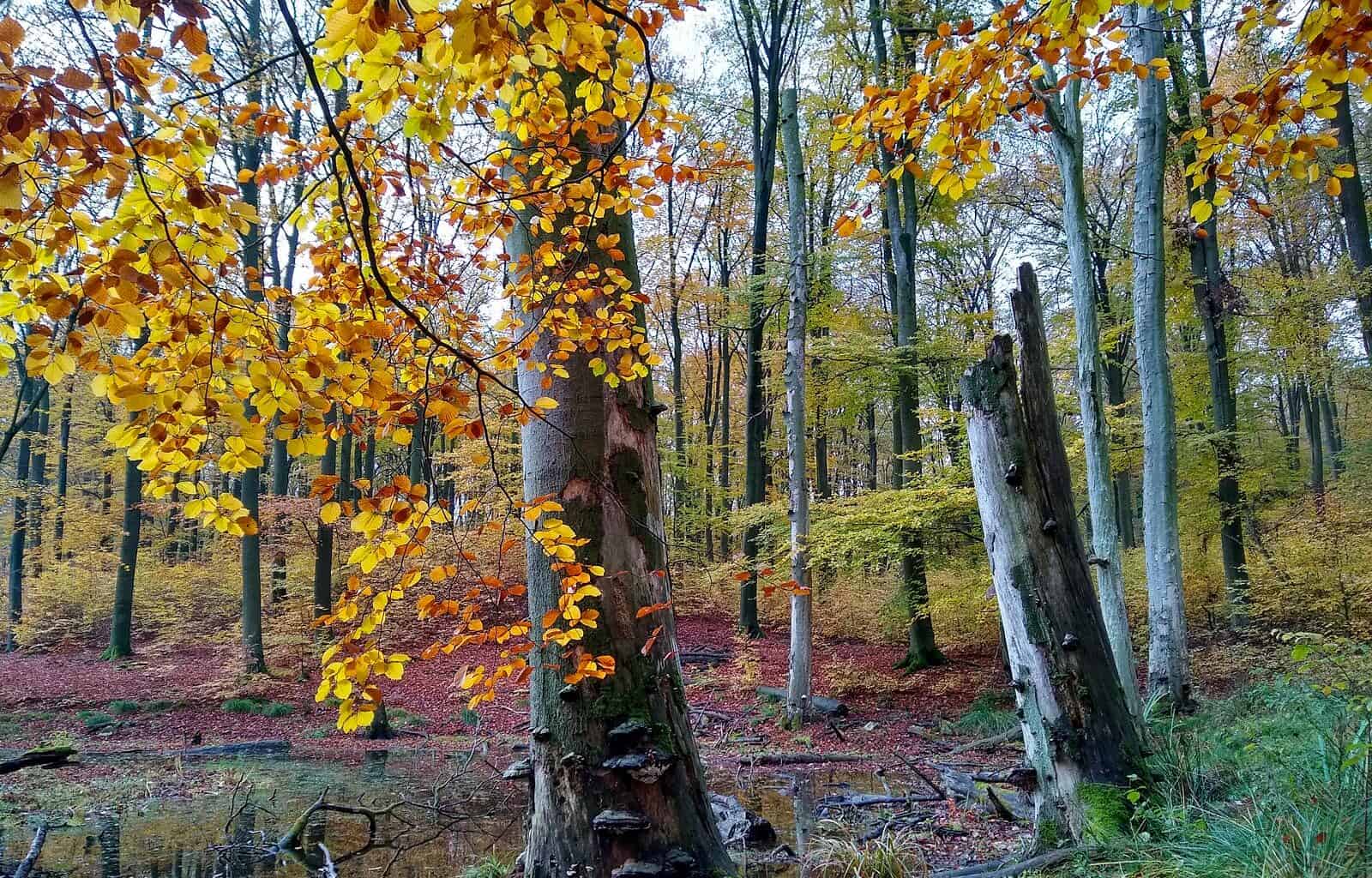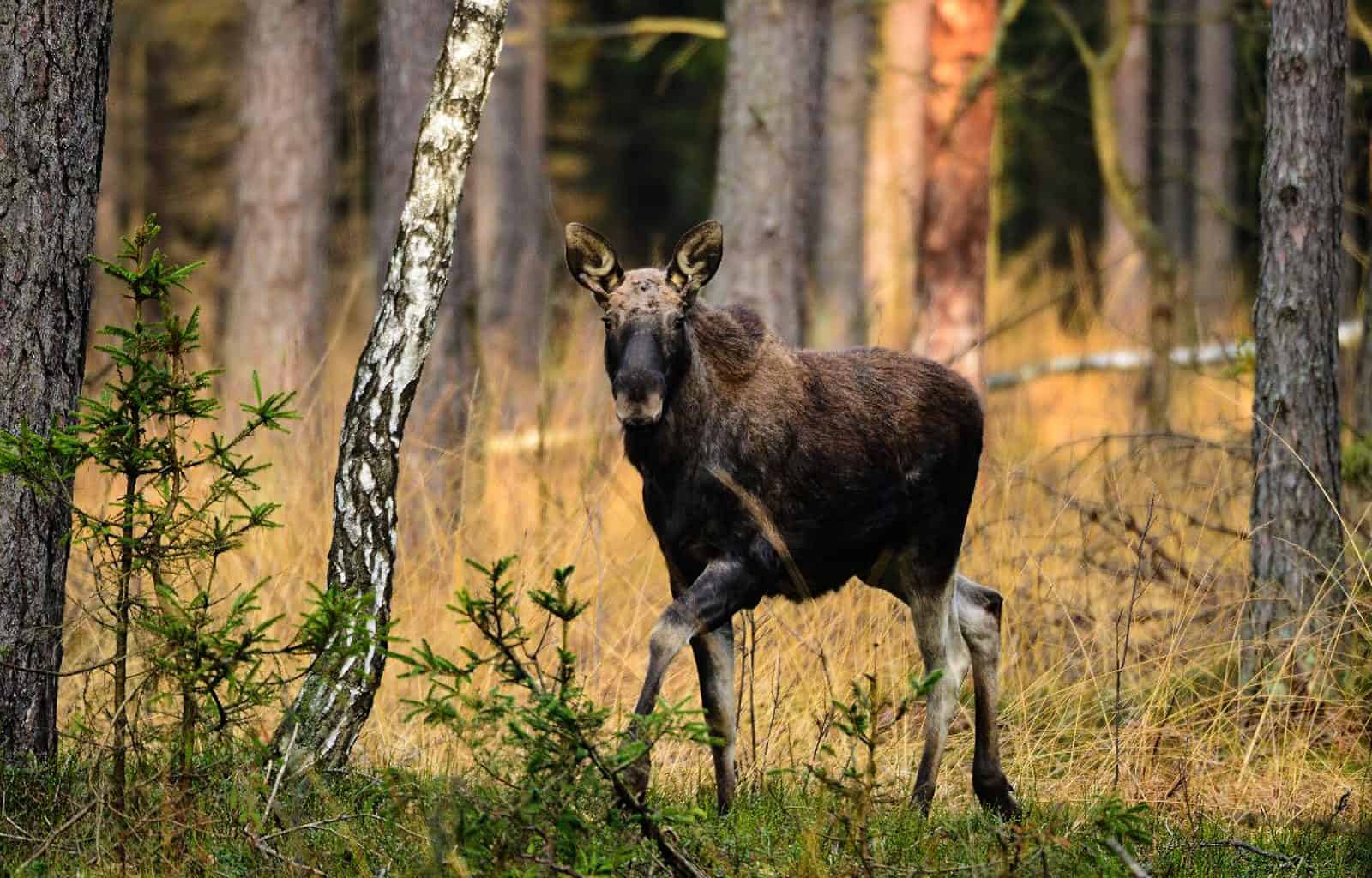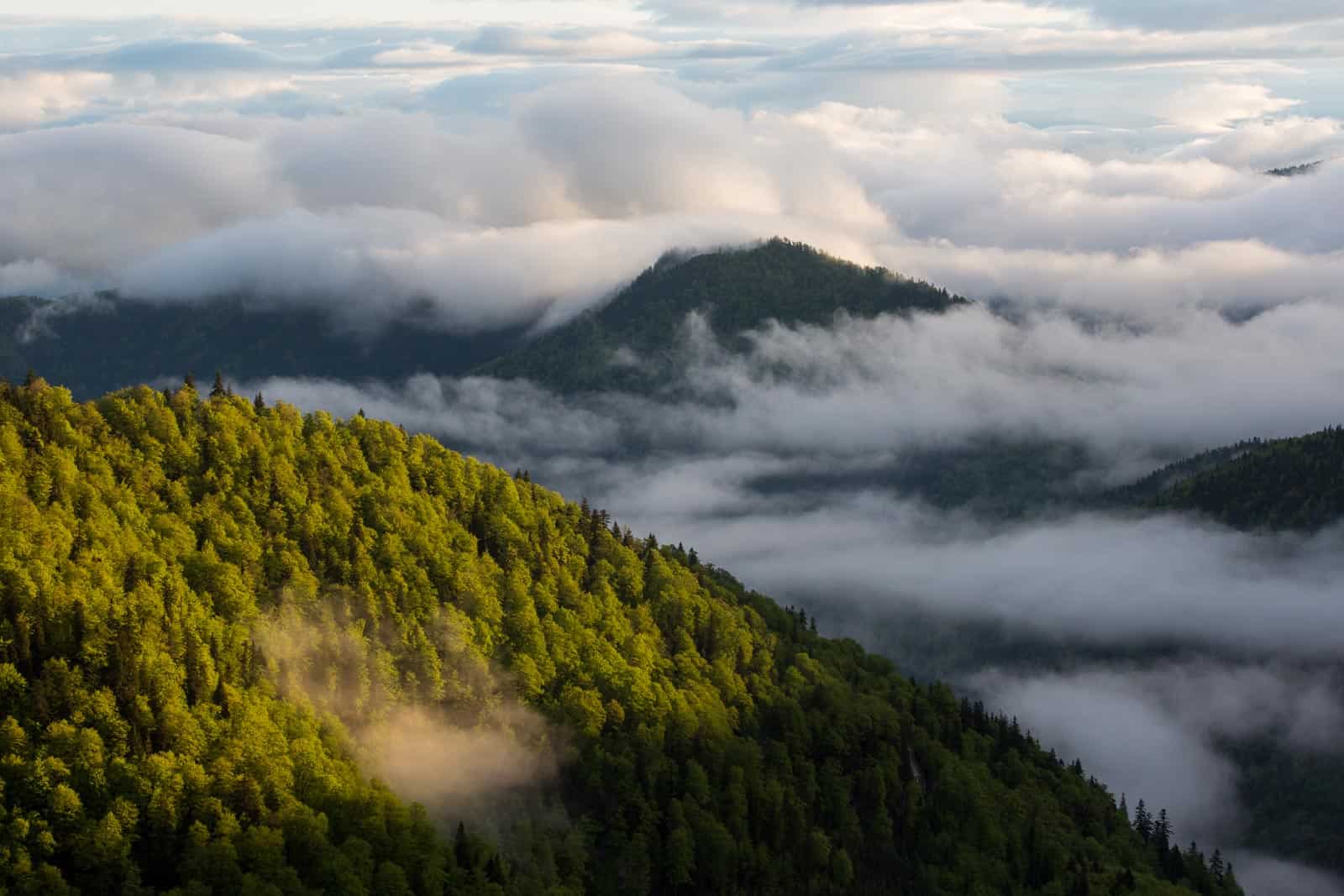New EU Report reveals shocking state of European waters
The European State of Water 2018 report, published this month, has concluded that only 40% of EU freshwater is of a ‘good’ or ‘high’ ecological status. Agriculture, hydropower dams, and altering the natural path of a river cause most of the damage. This conclusion was based on data collected from over 130 000 surface and groundwater bodies between 2010-2015.
Please also read: Current and future threats to Alpine Rivers
The bad news
This is concerning, because a ‘good’ ecological status is the minimum quality level required as part of the EU Water Framework Directive. The ecological status is a measure of how healthy a body of water is. It considers pollution, habitat degradation, climate change and the effects of man-made structures such as hydropower dams. Therefore, 60% of freshwater monitored in the EU, is below the environmental requirement. Furthermore, the report highlighted that 62% of the water bodies monitored had higher concentrations of pollutants than EU limits. This includes mercury, a dangerous neurotoxin, and cadmium, a toxic carcinogen.
The state of our freshwater bodies is shocking. The findings are not surprising, though, given the fact that Member States have been skirting around their legal commitments under the EU’s water laws for the best part of two decades. Governments have been avoiding effective delivery on the legally binding objectives and allowed for further deterioration of our rivers and lakes by using (and misusing!) the various exemptions provided for by the EU Water Framework Directive. It’s absurd that exemptions seem to have become a norm in implementing the legislation!
-Andreas Baumüller, Head of Natural Resources at WWF’s European Policy Office
Positive news
However the report also gave evidence to show that the quality of freshwater in the EU is gradually improving. This is thanks to a number of schemes across Europe in wastewater treatment, agricultural run-off, restoration and fish migration. These are good steps, although challenges remain ahead to reach long-term sustainability of clean water.
Why should we care?
Protecting our water sources is vitally important. Freshwater ecosystems are an important habitat for many species but clean water is also key to human health and wellbeing. Society relies on water for drinking, agriculture, manufacturing, energy and transport. Because of this, EU-wide policy such as the EU Water Framework directive exists, which was adopted in 2000 and aims to restore polluted water sources and keep clean water sources clean. As this report highlights, Europe has a way to go to achieving good ecological status across the continent.
WILDRivers
The European Wilderness Society also recognises the need to protect our water sources. It is committed to preserving Europe’s last remaining pristine or near-pristine rivers, and these are part of the European Wilderness Network under the category ‘WILDRiver‘. Currently there are eight rivers in the network, such as the Bela WILDRiver, and many more candidates under consideration.
For more information about the State of Water 2018 report, please read below:
Stay up to date on the Wilderness news, subscribe to our Newsletter!









